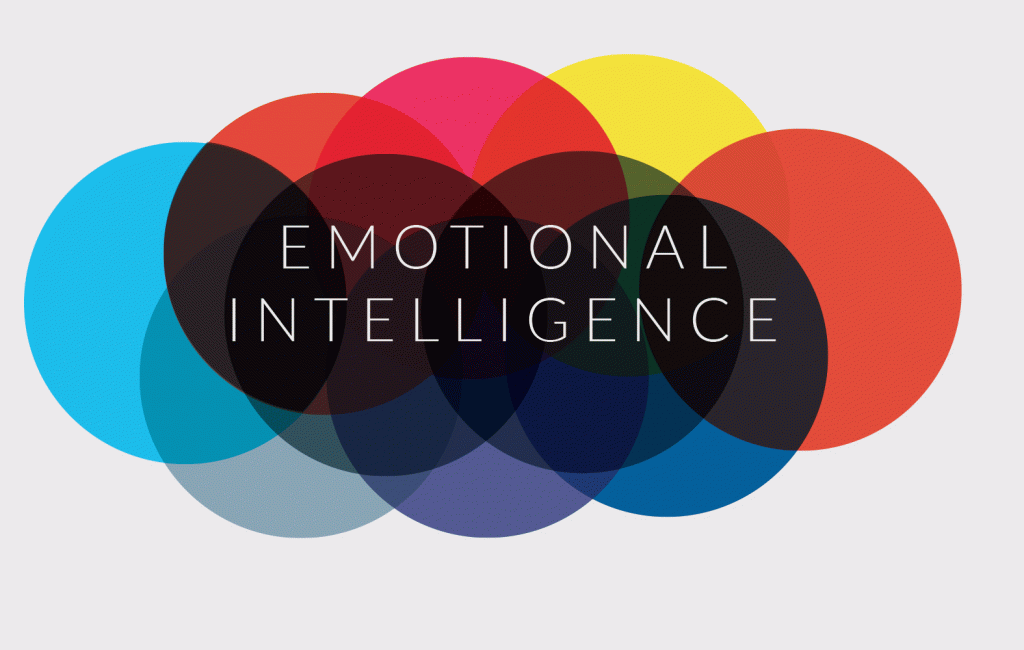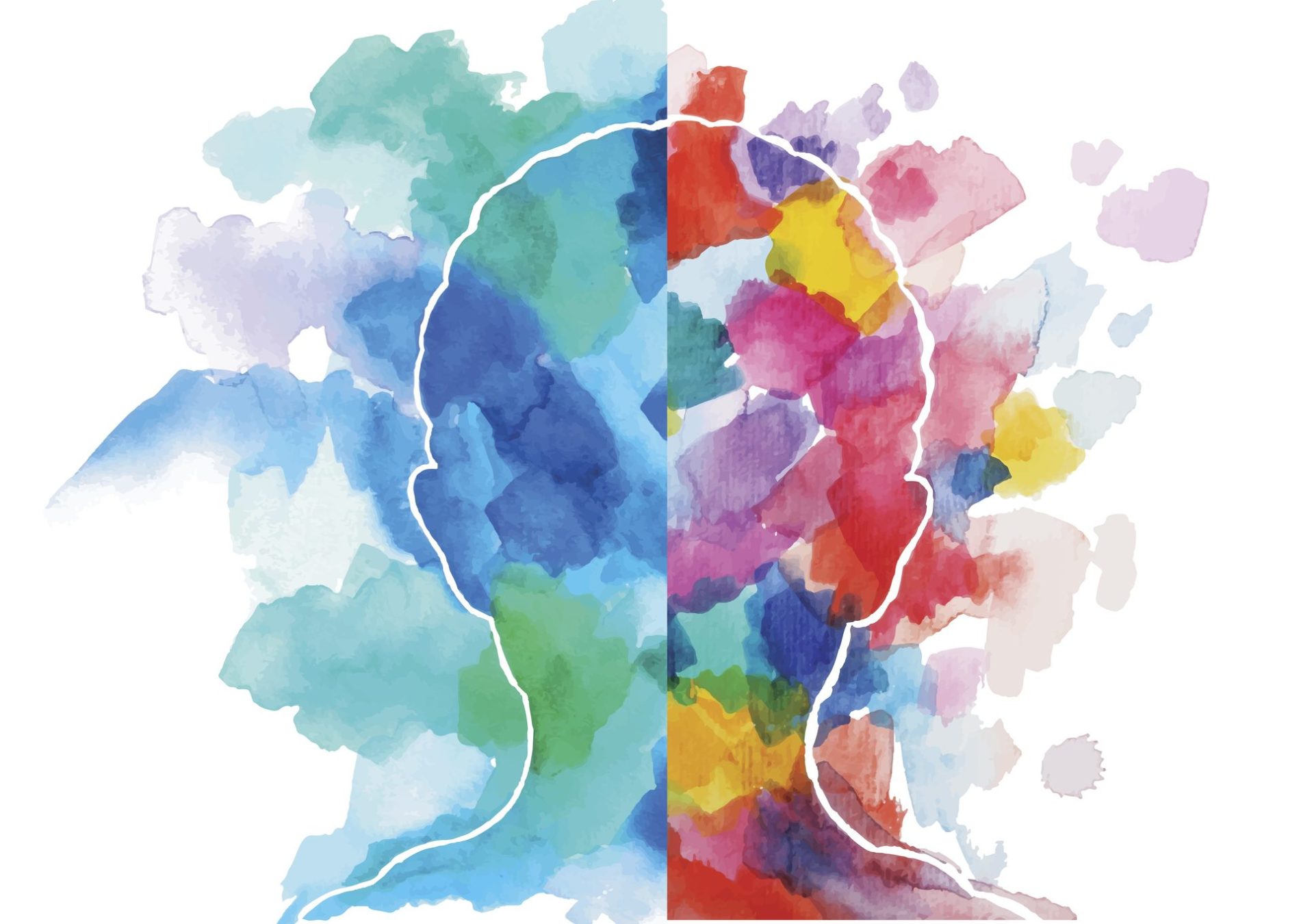
Staying healthy, psychologically and emotionally, in the workplace is paramount. For this reason, the means to achieve a balance between rational and emotional conceptions help to control impulses and make decisions in common with the group. In order for this objective to be understood and put into practice in daily professional life, each individual’s emotional intelligence is used.
Created by the American psychologist Daniel Goleman in the 1990s, the term intelligence emotional represents the way in which each one must be trained to manage their feelings and emotions in the work environment. Although the concept was revealed by Charles Darwin, based on one of his works on the ability to adapt and survive from the control of emotions, emotional intelligence gained real visibility with Goleman’s book, whose title is the term itself.
According to the concepts of psychology, emotional intelligence is the ability to manage emotions to achieve a goal. Therefore, it is of fundamental importance to be clear about your own feelings and those around you, as well as to create means to control and change them, if they are negative for the professional environment.
For being a great differential to achieve a healthy and productive atmosphere, with harmony among employees, there are several areas in which improvements can be used to achieve and maintain emotional intelligence, such as self-knowledge, self-control and self-motivation.
Means of maintaining emotional intelligence
At first, it is necessary to know yourself, observe your own feelings in each situation to which you are submitted and analyze the attitudes you take in the face of challenges. After this individual critical assessment, it is time to observe how such behaviors reflect on other people, whether positive or not. If they are harmful behaviors, it is essential that changes are made to improve these points.

With self-knowledge conquered, the next step is to contain impulses and think about the best way to position yourself in situations, if necessary. To be able to do this internalization and achieve self-control, some practices can be performed to help reduce anxiety or nervousness. Some effective examples are meditations, breathing exercises, physical activities and work with the intellect and the emotional, so that they enhance the calm in moments of crisis.
In short, it is necessary to find the balance between reason and emotion, together with the situation in the work environment, to understand the position of other people and to solve the challenges in the most sensible and pleasant way possible.
Personal development
The collective evolution of interpersonal relationships in the company depends directly on the individual growth of employees, and the conquest of internal conditions and ideas that provide recognition and advancement of emotional control favor such maturation. The ability to identify and distinguish the feelings that arise is the first step towards achieving emotional intelligence. This self-knowledge provides the necessary clarity to reach an understanding of what is inside each one.
Furthermore, the ability to deal with such emotions and adjust to the situations to which they are subjected, trying to dominate or contain the feelings, is of fundamental importance. Finally, everything that is being lived must be directed towards a greater purpose and that turns into positive results.
The implantation of emotional intelligence is of paramount importance, considering not only the personal benefits and behavioral, but also for adding advantages in the professional environment. Among the main positive points is the notable improvement in the ability to express and communicate with the people around, which, consequently, helps in conflict resolution. Another important issue is the way in which emotional intelligence collaborates in decision-making, transmitting the necessary information for the sensitive connections linked to the aptitude for choices.
Human sensitivity exists as a way of survival, so nothing better than that knowing how to use it in the best possible way, but without neglecting how important it is to direct and impose limits according to the feeling acquired in relation to other people.



